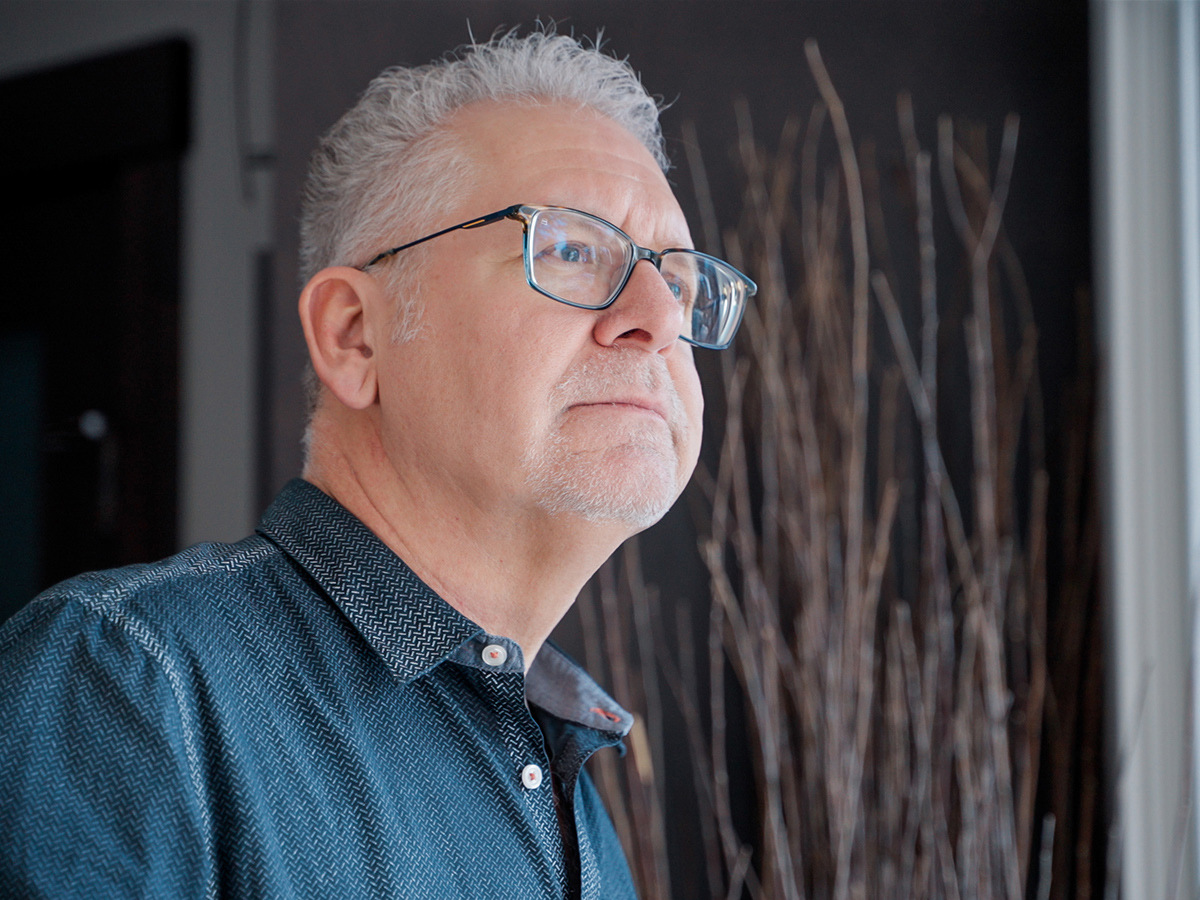

On February 1, the U.S. White House announced extraordinary new tariffs against Canada, Mexico and China. The U.S. President had previously warned that he intended to implement the tariffs. Many of us had hoped this was simply bluster, or at worst a negotiating tactic. Those hopes were dashed, however, with the announcement on February 1, and it appeared that the implementation of the new tariffs was imminent. The situation intensified when the three affected countries threatened to retaliate with their own tariffs. However, by the end of that weekend, the implementation of the tariffs was on pause for 30 days.
The on-again, off-again U.S. trade tariffs have created significant uncertainty in the markets and led to significant short-term volatility in securities prices.
It wasn’t just markets in North America that were affected; there was impact felt across the globe. This uncertainty and volatility spooked investors, including many CSS members. We know this because the volume of calls to our advisory staff spiked on February 3.
Understandably, many members are concerned about whether they should “do something” with their CSS investments. It is very unnerving to see your retirement nest egg drop significantly in value over a short period of time. Many (bad) ‘what if’ scenarios can come to mind leading us to think that we should be doing something to adjust our portfolios for the current situation. But what is it that we, as investors, should do?

Firstly, we should recognize that it’s okay to be concerned; after all, we are talking about our retirement funds that are being affected, and we do intend to rely on those for financial security in retirement. It is true that historically, protectionist measures have tended to lead to declines in economic growth globally, which affects investment markets, and any new tariffs are expected to do the same this time around if and when they are implemented. So, the risk is real.
However, it’s not a certainty that tariffs will be implemented – they've already been paused once – and any (negative) impact will very likely end at some point, just as it always has. It’s important to recognize that this type of scenario – along with many other types of significant negative market events – has occurred in the past. In other words, for most of us, it’s important to remember that we are long-term investors and doing nothing is often the correct action.
Doing nothing is premised on a few assumptions:
- Investment horizon – if your investment horizon is long, short-term disruptions in the market can be weathered. CSS members who are working and actively contributing to their pension typically have a long-time horizon. Members who are close to retirement will typically need to consider some actions to prepare their nest eggs to be converted into an ongoing retirement income, tariffs or not. Creating a spending/liquidity reserve or reducing portfolio risk to correspond to your new (retirement) risk tolerance are examples of courses of action to consider.
- Retired members using a combination of the CSS Balanced Fund and Money Market Fund in their Variable Benefit payments account – it's a good idea to ensure that you have not forgotten to recharge the money market portion (i.e., your spending reserve) of your account, so that you are positioned well to absorb a short-term negative market disruption.
- Timing the ups and downs of the market does not work – we have written on this topic in the past (Predicting the market's highs and lows - and why it doesn't work).
- For those using the CSS Balanced Fund as a core holding, this is a multi-asset diversified portfolio that is constructed to mitigate downside risk and protect members from the worst outcomes.
All this is to say that we’ve been here before. The threat of tariffs is just the latest of a long history of events that cause uncertainty about the future, disruption in the markets and heartburn for investors. Readers are invited to review the behavioural biases series that CSS has previously published (Behavioural finance: A new article series from CSS), which includes information on how our emotions can get the best of us and lead to sub-optimal decision making.
We will be well-served to remember that a do-nothing response to market uncertainty and disruptions has generally been appropriate and worked well in the past; and, we have no real evidence to suggest that we shouldn’t take the same approach this time around. So, for most, doing nothing will be the best plan of action.
However, individual circumstances matter and can result in different conclusions and action plans for some members.
A key benefit of being a member of the CSS Pension Plan is that you are not on your path to retirement alone – you have access to credentialed and experienced Retirement and Pension Advisors who are ready to talk through your circumstance and help you decide what, if any, action is the best for you.
.png?width=703&height=527&name=Blogs%20stock%20images-41-Advise%20(1).png)
Do give us a call!







.png)








































